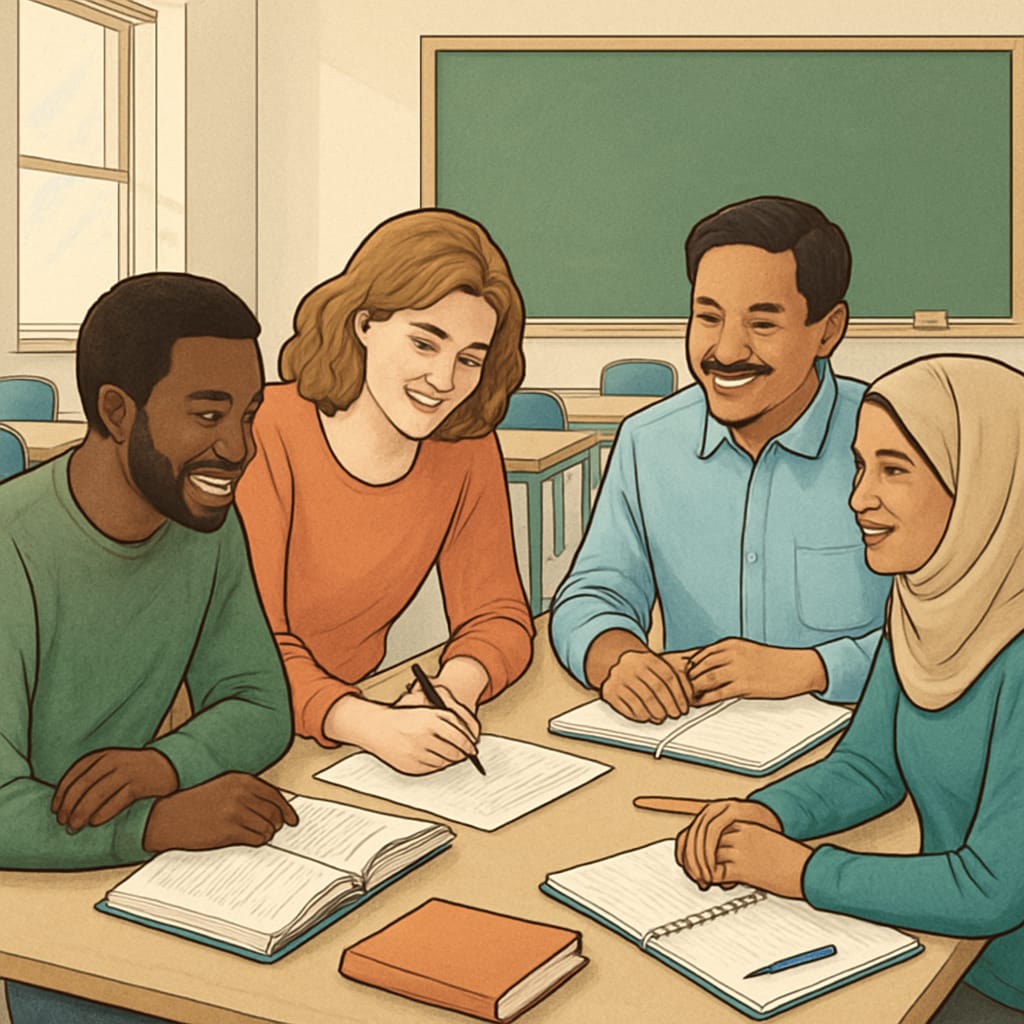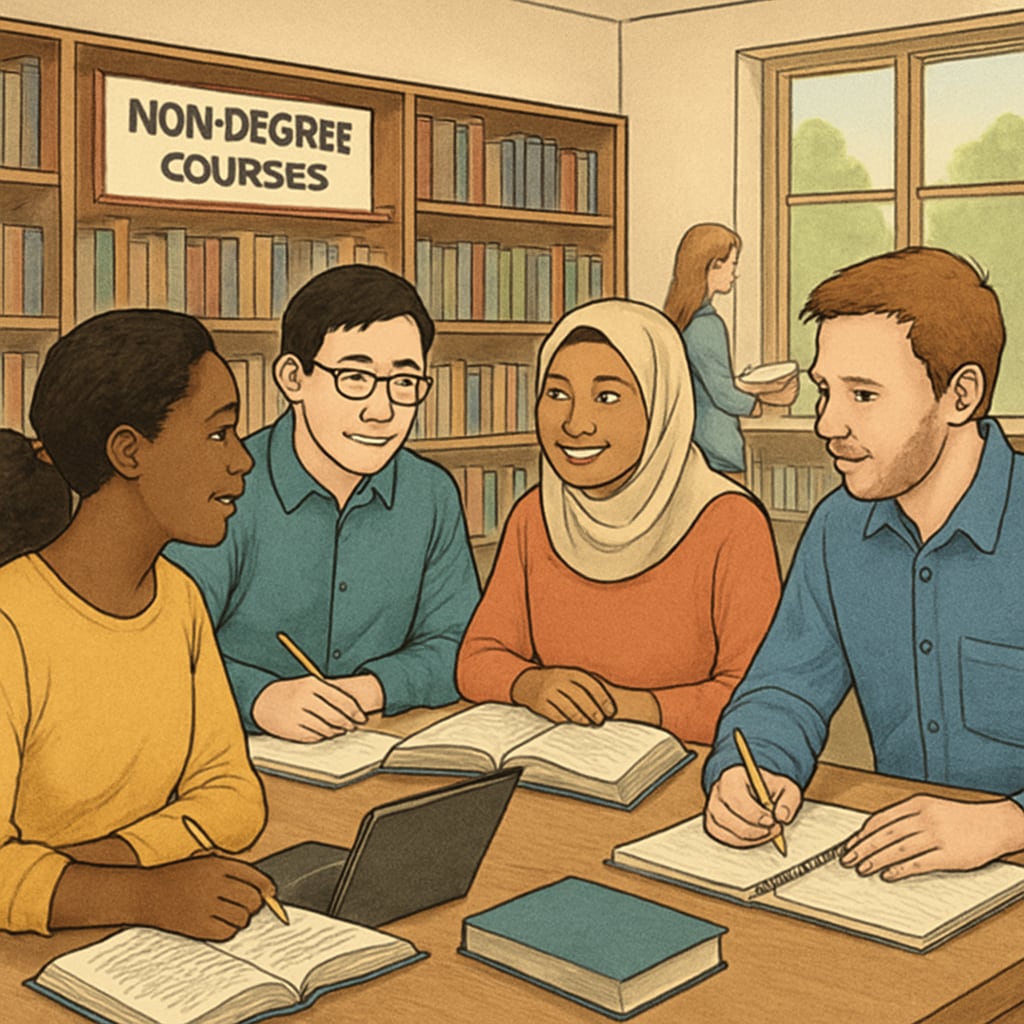For foreign students, the journey of studying in Western countries often comes with unique challenges, especially when it comes to adult education, cultural adaptation, and basic knowledge gaps. Adapting to a new education system and cultural environment requires more than just language skills—it demands a firm grasp of foundational academic concepts and an understanding of local cultural norms. Non-degree courses in cities like New York offer a practical solution, helping students bridge these gaps and build strong academic and cultural foundations.
The Importance of Filling Academic Gaps for Foreign Students
Foreign students coming to Western institutions often face difficulties in adjusting to their new academic environments. While they may excel in their home country’s education systems, differences in teaching styles, expectations, and even foundational knowledge can create barriers. For example, subjects like Western history, academic writing, or mathematical methods might be approached differently in Western schools compared to other regions.
In addition, cultural adaptation plays a significant role in a student’s success. Understanding norms around classroom participation, essay formatting, or even how to approach professors can make a world of difference. Non-degree courses, which focus on these essential areas, are invaluable as they allow students to refine their skills without the immediate pressure of earning credits toward a degree.

Finding Non-Degree Courses in New York: A Practical Guide
New York City is a hub for educational resources and offers a plethora of opportunities for foreign students seeking non-degree programs. Here are some practical steps to find the right courses:
- Research Local Institutions: Many universities, such as New York University, offer continuing education and non-degree programs tailored for international students. Look for programs that cater specifically to adult learners and cultural adaptation.
- Utilize Community Resources: Public libraries and community centers in New York frequently host workshops or short courses in academic basics, cultural orientation, and even soft skills like public speaking.
- Consider Online Platforms: Platforms like Coursera or edX also offer flexible, non-degree courses that can complement in-person learning.
By exploring these options, foreign students can find courses that meet their specific needs, whether it’s improving their academic writing, understanding U.S. history, or adapting to the local culture.

Benefits of Non-Degree Courses for Long-Term Integration
Non-degree courses not only address immediate academic gaps but also contribute to long-term success in Western education systems. Here’s how:
- Improved Confidence: By mastering foundational knowledge, students can participate more actively in class discussions and group projects.
- Networking Opportunities: These courses bring together diverse learners, creating opportunities to build social and professional networks.
- Cultural Fluency: Understanding local customs and educational norms boosts students’ ability to navigate both academic and everyday life.
As a result, students not only perform better academically but also feel more connected to their new environment, leading to a more fulfilling study abroad experience.
In conclusion, non-degree courses offer a vital bridge for foreign students transitioning to Western education systems. By addressing gaps in adult education, cultural adaptation, and basic academic knowledge, these programs enable learners to thrive both academically and socially. For those in cities like New York, the opportunities are endless—whether through local institutions, community programs, or online platforms. With the right resources, students can confidently embrace their new educational journey.


